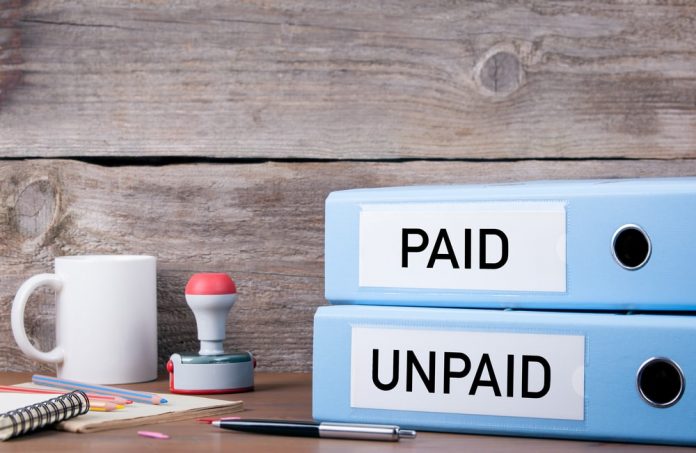By Jenna Cyprus
Unpaid invoices can pose serious cash flow problems for small businesses and freelancers, making it difficult to pay for needed materials, cover payroll, and otherwise make ends meet – yet as of 2015, over 70% of freelancers reported payment collection problems, accounting for 13% of their total annual income on average.
Independent contractors and small business owners need to recoup their costs, but how can we combat this pervasive problem? Understanding the underlying causes of non-payment can help. Unpaid invoices typically share at least a few of these four traits, creating opportunities to rebuild connections and collect your fees.
Countering Inconvenience
Most of us don’t receive very many physical bills anymore and we write even fewer checks, yet many small businesses continue to rely on these old-fashioned billing practices. One way to increase your business’s rate of payment, then, is to make the switch to paperless billing and digital payment for your client’s convenience. In one limited study in California, medical practices that switched to paperless billing collected 40% of all outstanding bills in just one month. Some of those outstanding patient bills had been awaiting payment for two years.
By offering clients a paperless billing option, you can stabilize your company’s cash flow so that it better matches your outgoing invoices. Though your business will still experience seasonal highs and lows or other seasonal variations, customers won’t be avoiding payment simply out of inconvenience.
Ensuring Clarity
Another common reason that invoices remain unpaid is that your clients simply don’t know how to read them. As you’ve likely experienced, different businesses use different formats when invoicing, and some of these can be hard to read. By using a clear, consistent invoicing template, you can avoid many payment disputes and encourage clients to meet their payment obligations in a timely manner.
Additionally, those who are prone to nitpick end products are less likely to do so if the terms of the task and final deliverables are clearly spelled out on both the contract and invoice.
Ill-Considered Contracts
To get to the root of some unpaid invoices, you have to look upstream to the start of your project: the contract. If you don’t have a contract – a serious red flag –or if your contract is insufficiently detailed, you may have created the problem yourself. Some contracts fail to outline the terms of payment, including the deadline or form of payment, so the client may simply continue to push it out, with the assumption there won’t be any consequences.
Just because you haven’t set clear terms of payment in your contract, doesn’t mean you aren’t entitled to your fee. Rather, search your correspondence to find any discussion of fees and deadlines or check the initial advertisement for the role. At some point, you most likely detailed what was expected as part of the role, and you can use that documentation to support your request for payment.
Failure To Be Firm
Finally, some outstanding invoices are the result of your own failure to assert payment boundaries and expectations firmly enough; simply put, if clients think you’re a pushover, they’ll test your limits. If you expect to be paid in full and in a timely manner, you need to communicate your expectations clearly and regularly and assert consequences.
One important step you can take is to contact past-due accounts each week. During that initial contact, set a firm end date for any payment plans or negotiations, at which point the invoice will be sent to collections. And when that date comes, send it along – word will get out that your company will not allow clients to dawdle on payment. And don’t be afraid to include late fees in your contact and enforce those. You’re the one being inconvenienced by late or non-payment.
Take some time to review your invoices and invoicing procedures and make unpaid invoices a thing of the past. The fact is that, despite being common, non-payment remains unacceptable and you need to treat IT as such. No one works for free, so don’t let untrustworthy clients back you into a loss.
Jenna Cyprus is a freelance writer from Renton, WA who is particularly interested in travel, nature, and parenting. Follow her on Twitter.
Unpaid invoices stock photo by by stoatphoto/Shutterstock







